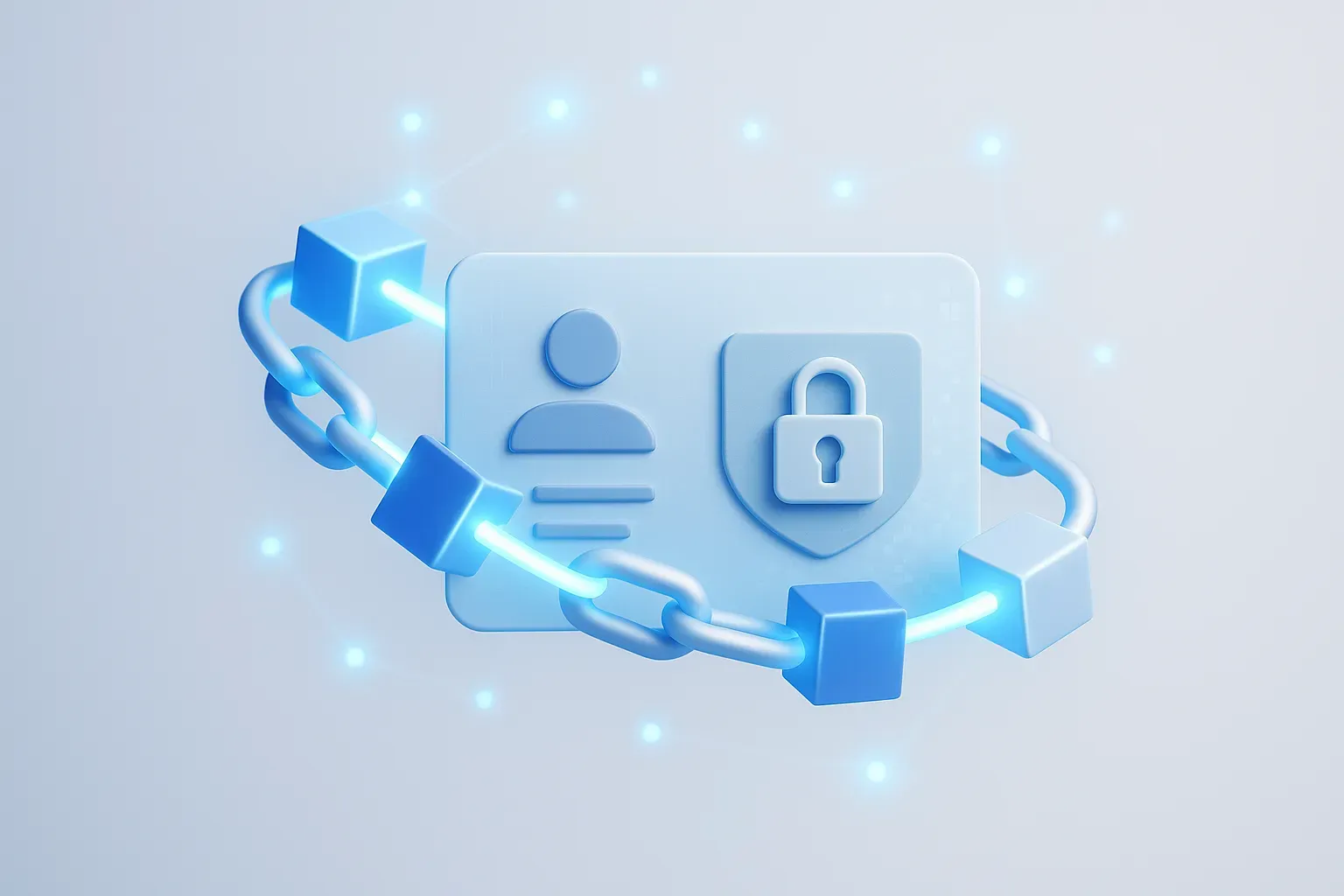Discover how privacy-focused search engines can transform your online experience. This article features insights from experts on enhancing your privacy while surfing the web. Learn practical steps to embrace privacy in everyday and corporate research, and explore unfiltered online discussions.
- Embrace Privacy With DuckDuckGo
- Utilize Privacy In Corporate Research
- Find Unfiltered Discussions Online
- Demand Privacy And Fund Alternatives
- Switch To Brave Private Browser
Embrace Privacy With DuckDuckGo
I started using DuckDuckGo about a year ago after growing concerned with how much my search history seemed to follow me around the internet. Seeing targeted ads pop up based on something as simple as looking up a recipe or researching travel plans felt invasive. I was curious if a privacy-focused search engine could make a difference, so I gave DuckDuckGo a try.
One thing I noticed right away was how clean and straightforward the experience was—no ads tailored to my past searches, no creepy reminders of things I had forgotten I’d looked up.
For example, when I searched for budget travel tips, I didn’t suddenly get flooded with hotel ads or airfare promotions. It felt liberating to search without worrying about being “tracked.” That peace of mind made me stick with it, especially for sensitive topics like financial research or health-related questions.
While it doesn’t always offer the depth of results that bigger search engines do, I found its focus on privacy worth the trade-off. It reminded me to prioritize my personal data and rethink how I interact with online tools. If you value anonymity and simplicity, I’d say exploring it is definitely beneficial.
 Erin Siemek
Erin Siemek
CEO, Forge Digital Marketing, LLC
Utilize Privacy In Corporate Research
Privacy-focused search engines like DuckDuckGo and Startpage have been useful, especially in corporate research where data privacy is critical. They eliminate tracking, ensuring that searches don’t feed into targeted ads or data profiling. This creates a more neutral, bias-free browsing experience, which is valuable when analyzing market trends without influence from past behavior.
However, the trade-off is noticeable. Without AI-driven personalization, search results can sometimes feel less refined, requiring more effort to sift through relevant information. That said, in industries where confidentiality is key, the benefits outweigh the drawbacks. Privacy-first search is a step toward greater digital autonomy—something businesses should take seriously in an era of data-driven decisions.
 Arvind Rongala
Arvind Rongala
CEO, Edstellar
Find Unfiltered Discussions Online
Privacy-focused search engines prioritize user anonymity, but they also impact how keyword research is conducted. While I typically rely on tools like Google’s “site:” search operator to uncover keyword opportunities (from sources like Reddit), privacy-focused search engines like DuckDuckGo or Brave Search provide a different approach. Since they don’t track user behavior in the same way as Google, their search results can surface different perspectives and less personalized keyword suggestions.
One key limitation is the lack of granular keyword data, as these search engines don’t provide autofill suggestions or search volume insights like Google does. However, they can be useful for identifying unfiltered discussions and organic search trends without algorithmic bias. In combination with Google’s “site:” operator, privacy-focused search engines offer a broader view of what users are searching for without personalization skewing the results.
 Blake Smith
Blake Smith
Marketing Manager, ClockOn
Demand Privacy And Fund Alternatives
Yes, privacy-focused search engines exist. Yes, I’ve used them. Yes, I still advocate for them. But let’s be clear—privacy, as a right, has already been eroded beyond recognition. The normalization of surveillance isn’t a hypothetical—it’s the default state. Opting out isn’t an option; it’s a delusion.
The real problem isn’t that privacy-first search engines are ineffective—it’s that they are intentionally underdeveloped. Funding is scarce. Accessibility is limited. Their algorithms lack the refinement of their surveillance-driven counterparts. Why? Because the balance of power demands it. A select few corporations and governments have built an ecosystem where convenience is a currency traded for control.
For what? Faster flight bookings? More efficient social media stalking? The level of surveillance justified in the name of convenience is grossly disproportionate to the benefit. And as AGI development accelerates, this imbalance will only deepen. Without privacy, AGI won’t just predict behavior—it will dictate it.
The solution? Use the tools. Demand privacy. Fund alternatives. And if the system refuses to respect the right to opt out? Then leaving it entirely is the only real choice left.
 Dr. James Utley MSc, PhD
Dr. James Utley MSc, PhD
Scientist, Biohacker, Transhumanist, Engineer, Syndicate Laboratories
Switch To Brave Private Browser
Switch to Brave Private Browser across all of your devices: laptop, mobile, tablet. To give you an example of the scale at which Brave secures my privacy, in the last month alone, Brave has blocked 372,989 ads and trackers from following me.
 Brayden Beavis
Brayden Beavis
Founder, Your Salon Support













